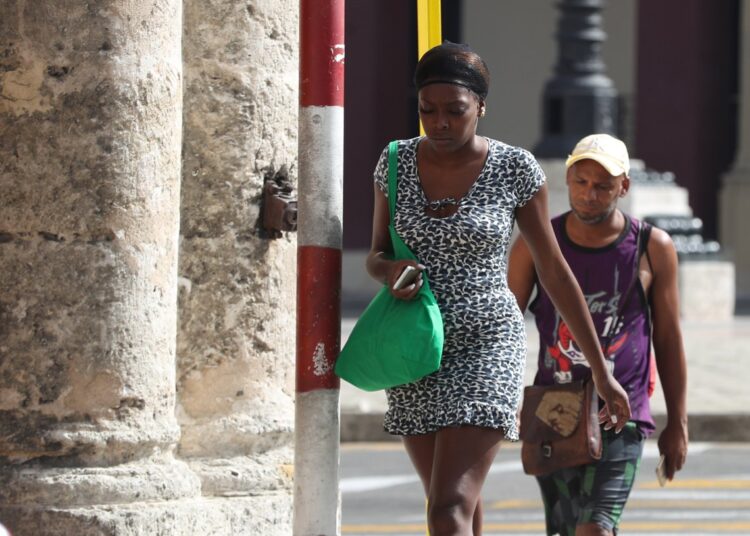Activists reported two new sexist murders in Cuba, bringing the number of such incidents to 45 this year.
The independent platforms Yo Sí Te Creo and Alas Tensas confirmed this Monday the two new femicides, which occurred according to reports at the end of October in Havana and Holguín.
One of the victims was named Dianelis Veloz Hernández, 31 years old, and was murdered on October 28 in a public street, allegedly by her partner when she was returning from dropping her son off at school, in the Havana municipality of Cerro.
The second sexist murder caused the death of Yoannia (Yuyi) Hernández Pupo, 32, who died at the hands of a man with whom she had emotional ties, in a public place where they were with a group of friends on October 30, in the city of Holguín.
The victim was also a mother, of a 4-year-old girl.
The records of Alas Tensas and Yo Sí Te Creo also include five attempted femicides, six cases that require access to police investigation and two murders of men for gender reasons.
Cuba closed the first half of 2024 with 28 femicides verified by these feminist groups, 43% less than in the same period of the previous year. The activists, who advocate for a comprehensive law against gender-based violence, attribute this drop mainly to their increasing difficulties in ratifying the information.
The island’s Penal Code does not classify feminicide as a crime, and the terms “feminicide” or “sexist crime” are not used in state media.
The Cuban government, through the Gender Equality Observatory, confirmed last August that the courts identified a total of 110 women over 15 years of age murdered by their partners or ex-partners, in trials held in 2023.
At the end of July, the Cuban Council of Ministers approved a national system for “registration, attention, follow-up and monitoring” of sexist violence on the island.
When presenting it, the attorney general, Yamila Peña Ojeda, assured that 75% of cases of sexist violence occurred in the home. She also warned that this “trend continues this year.”
Peña Ojeda stated that 72% of the victims are between 25 and 59 years old; 84% of the perpetrators were partners or ex-partners and 31% had criminal records for violent acts.
President Miguel Díaz-Canel has called for “zero tolerance” for gender-based violence, but at the same time he has considered that in the country “any criminal act” is exaggerated, and particularly this type of crime, for political reasons.
Information on gender-based murders in the Cuban press is scarce, but in recent months media and official entities have publicly recognized the dimension of the problem.
EFE/OnCuba










